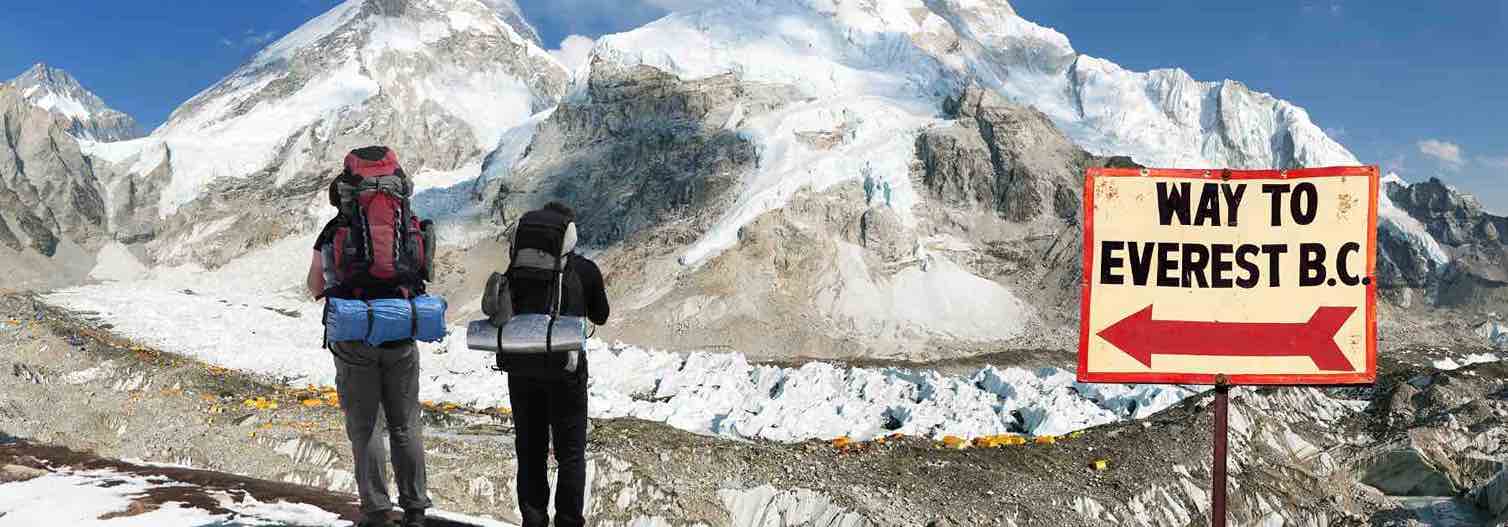Altitude Sickness Medication Myths You Should Stop Believing
Planning a high-altitude adventure, whether it’s trekking through the Himalayas or skiing in the Alps, often comes with the risk of altitude sickness. This condition, caused by the body’s inability to adjust quickly to lower oxygen levels at high altitudes, can result in uncomfortable and potentially dangerous symptoms. Luckily, altitude sickness medication is an effective tool to prevent or manage these issues.
At Midnight Pharmacy Travel Clinic in Bradford, we often hear misconceptions about altitude sickness pills that can deter people from using them properly or make travellers unprepared for their trip. In this blog, we’ll debunk some of the most common myths, so you can travel safely and confidently.
Myth 1: Altitude Sickness Medication Isn’t Necessary if You’re Fit
Reality: While being physically fit is beneficial for overall health, it doesn’t make you immune to altitude sickness. The condition arises due to lower oxygen levels, and your body’s ability to acclimatise is not necessarily related to fitness levels. Even seasoned athletes can experience symptoms.
Altitude sickness medication, such as acetazolamide (Diamox), helps your body adapt more quickly, reducing the likelihood of symptoms like headaches, nausea, and fatigue. Regardless of your fitness level, it’s wise to carry medication if you’re ascending quickly or travelling to elevations above 2,500 metres.

Myth 2: You Only Need Medication After Symptoms Start
Reality: Medication is most effective when taken before symptoms appear. Starting medication 24–48 hours before ascending allows it to work proactively, helping your body adjust to lower oxygen levels.
If symptoms have already started, medication can still help manage them, but it’s always better to prevent altitude sickness in the first place. Prevention is especially crucial for those with a history of severe symptoms or who are ascending rapidly.
Myth 3: Drinking Water Alone Is Enough to Prevent Altitude Sickness
Reality: Staying hydrated is an essential part of preventing altitude sickness, but it’s not a cure-all. Dehydration can worsen symptoms, so drinking plenty of water is important, but it won’t replace the benefits of altitude sickness medication.
A comprehensive approach, including gradual ascent, hydration, rest, and medication, is the best way to prevent sickness at high altitude.
Myth 4: Altitude Sickness Tablets Have Severe Side Effects
Reality: Like any medication, altitude sickness pills can have side effects, but they are generally mild and temporary. Common side effects of acetazolamide include tingling in fingers or toes, frequent urination, or altered taste in fizzy drinks.
Most people tolerate the medication well, and these side effects are milder than symptoms of acute mountain sickness. Our pharmacists at Midnight Pharmacy are available to discuss side effects and provide personalised advice tailored to your needs.
Myth 5: You Don’t Need Altitude Sickness Medication for Short Trips
Reality: Even short trips to high-altitude destinations can trigger symptoms of altitude sickness, especially if you ascend quickly. Flying directly to a high-altitude location or using cable cars to reach mountain peaks increases the risk because your body doesn’t have time to adjust.
Altitude sickness medication is recommended for any trip where you’ll be ascending above 2,500 metres, regardless of the duration.
Myth 6: Altitude Sickness Medication Protects Against All Symptoms
Reality: While altitude sickness medication significantly reduces the risk of AMS, it doesn’t eliminate it entirely. It’s still possible to experience mild symptoms, especially if you ascend too quickly or overexert yourself.
Medication should always be combined with other preventive measures, such as gradual ascent, hydration, and adequate rest. Listen to your body and take action if symptoms worsen.

Myth 7: Natural Remedies Are Just as Effective
Reality: While some natural remedies, like ginger for nausea or herbal teas, may provide mild relief, they are not substitutes for altitude sickness pills. The medication works by targeting the physiological causes of altitude sickness, such as reduced oxygen levels in the blood. Natural remedies cannot address these causes effectively.
Natural approaches can be used alongside medication for added comfort, but they shouldn’t replace proven medical options.
How Midnight Pharmacy Can Help
At Midnight Pharmacy in Bradford, we’re here to support your high-altitude adventures. Our team of pharmacists can provide expert advice on altitude sickness treatments, including when to take medication, how to manage side effects, and how to combine preventive strategies.
We offer:
- – Personalised consultations to assess your travel needs
- – Advice on over-the-counter and prescription medications
- – Tips for staying healthy and safe at high altitudes
Don’t Let Myths Stop You from Being Prepared
Travelling to high altitudes can be a life-changing experience, but it’s important to take the right precautions. By understanding the truth about altitude sickness medication, you can protect yourself and focus on enjoying your adventure.
Get in touch with us at Midnight Pharmacy in Bradford for personalised advice and all the essentials you need for your trip. Let us help you prepare for a safe and memorable journey to new heights.

This blog was written on behalf of Midnight Pharmacy by Pharmacy Mentor.

